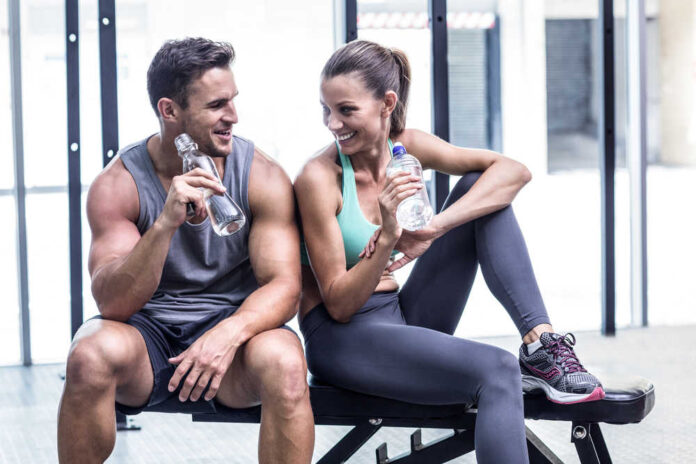
When you think of physical fitness, you probably think of athletic abilities like running, jumping, and lifting weights.
However, fitness is about much more than sports performance.
To be fit means, you are capable of meeting the demands of your environment and lifestyle. You can do the things you enjoy and enjoy the things you do without burning out or putting your health at risk.
While fitness may sometimes be measured in terms of body composition, speed, or strength, for many, it can be more helpful to consider your abilities concerning your daily life and routines.
Endurance
● Do you often find yourself too exhausted to finish what you started?
● Do you get winded going up a flight of stairs?
● Can you walk and move around as much as you need to without hurting yourself?
Endurance is the ability to keep going without running out of energy. It’s about having enough stamina to complete the tasks you need or want to do, whether that’s going for a run or simply making it through your workday.
It involves cardiorespiratory endurance—the ability of your heart and lungs to work together to supply oxygen to your muscles for an extended period.
It also includes muscular endurance—the ability of your muscles to perform repeated movements without tiring.
Both of these types of endurance can be improved with regular exercise.
Strength
● How easily can you carry your groceries?
● Do you have trouble getting out of a chair after sitting for a while?
● Do you struggle to open jars or doors?
Strength is the ability to exert force against an object. It’s about being able to move your body, and the things around you, with the amount of force you want to use.
Physical fitness doesn’t necessarily mean you have big muscles or can lift heavy weights. Your strength is more about how easily you can perform the activities of daily living.
If you have trouble handling everyday tasks because you feel too weak, improving your strength with simple exercises can significantly improve your quality of life.
Balance and Mobility
● Are you limited in your ability to move around?
● Can you remain stable and steady on your feet, even when you’re standing on one leg or walking on uneven ground?
● Do you have a hard time bending down or reaching for things?
Balance is the ability to control your body’s position, whether you’re standing still or moving. It requires coordination between your eyes, muscles, and joints.
Mobility is the ability to move freely and easily. It’s about having the flexibility to move your joints and muscles through their full range of motion.
Both balance and mobility can decline with age if you don’t regularly challenge them through physical activity. They can also be affected by medical conditions or injuries. The important thing is to focus on what you can do rather than what you can’t.
Alertness
● Can you efficiently and effectively respond to emergencies?
● Are you often too drowsy, sleepy, or distracted to pay attention to what’s going on around you?
● Do you find yourself making mistakes at home, work, or school because you can’t focus?
Physical fitness also includes the ability to respond quickly and accurately to changes in your environment.
It’s the ability to process information and make decisions quickly. It’s about being able to focus on what’s important. And it also means you can react appropriately and safely in emergency situations.
Self-Care
● Can you take care of yourself without help?
● Do you intentionally do things to stay healthy and prevent injuries?
● Do you know how to manage stress and maintain a healthy lifestyle?
Being healthy requires all sorts of skills, tasks, and routines. You should be able to take care of yourself, both physically and emotionally.
Self-care includes everything from brushing your teeth and bathing to eating a balanced diet and getting regular exercise. It can also include mental components, such as managing your emotions and healthily dealing with stress.
Physical fitness doesn’t typically happen by accident. It requires effort, intentionality, and consistency. But the payoff is worth it.
A physically fit body is a strong, coordinated, and responsive one. A person who is physically fit is also more likely to be happy, optimistic, and enjoy a better quality of life.






















